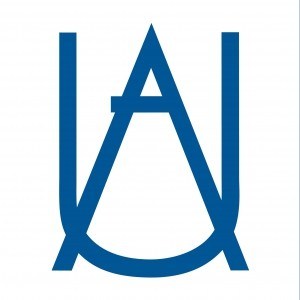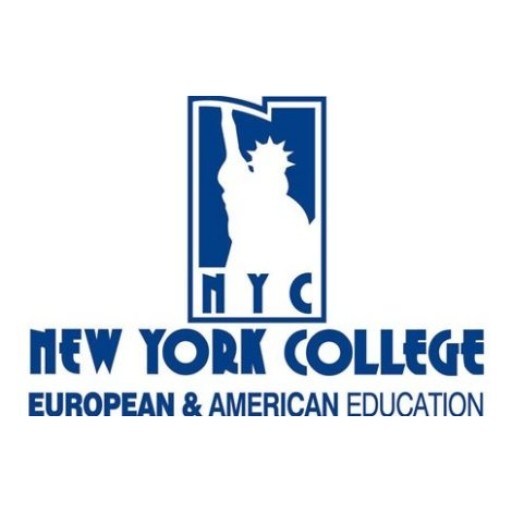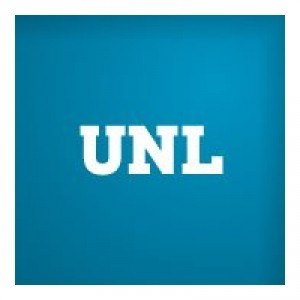Photos of university / #aubg_edu
The Bachelor of Arts in Journalism and Mass Communication at American University in Bulgaria offers students a comprehensive education designed to prepare them for dynamic careers in the rapidly evolving media landscape. This program combines theoretical knowledge with practical skills, enabling students to understand the fundamental principles of journalism, media production, and communication strategies across various platforms. Throughout the course of study, students engage with core topics such as press ethics, media law, journalism techniques, multimedia storytelling, digital media, broadcasting, and public relations. The curriculum emphasizes critical thinking, ethical considerations, and investigative skills essential for producing accurate and compelling news content. Students have opportunities to participate in internships, newsroom projects, and media production workshops, fostering real-world experience and industry connections. Faculty members are experienced professionals and scholars dedicated to mentoring students and encouraging innovative approaches to journalism and communication. The program aims to cultivate students' ability to craft clear, engaging messages while understanding the social and political impacts of media. Graduates of the program are well-equipped to pursue careers in journalism, media outlets, public relations agencies, digital content creation, and media management. They gain the versatility needed to adapt to technological advancements and the changing demands of media industries worldwide. With a focus on promoting freedom of expression and responsible journalism, the program also prepares students to become ethical media practitioners and informed citizens. By offering an environment that fosters diversity, inquiry, and professional growth, the Bachelor of Arts in Journalism and Mass Communication at American University in Bulgaria provides an ideal foundation for those seeking to make meaningful contributions to the media sector and society at large.
Required Courses (15 credit hours)
JMC 141 Communications, Media & Society
JMC 150 Writing for Media
JMC 200 Visual Communication Theory and Practice
JMC 220 Multimedia Journalism
JMC 356 Media Law and Ethics
Internship Requirement (0-3 credit hours)
Either Professional Internship (0 credits) or
Academic Internship (3 credits; counts as a JMC elective)
Elective Courses (18-21 credit hours)
Any six (6) or seven (7) JMC Electives depending on the type of internship completed.
The traditional approach to the major requires completion of the core courses, internship, six (6) or seven (7) electives, and sitting for the Bulgarian State Exam.
Track Options
Students majoring in JMC may also choose to focus their studies in either Journalism or Mass Communication by completing a minimum of 5 courses from electives in either the Journalism Track or the Mass Communication Track:
Journalism Track (5 courses)
To complete a Journalism Track, students must complete at least five (5) of the JMC Electives from the following:
JMC 233 Introduction to Video Journalism
JMC 250 Writing and Reporting
JMC 321 Digital Photojournalism
JMC 345 Specialized Writing
JMC 430 Television News Reporting
JMC 435 Magazine Journalism
JMC 455 Global Comparative Media
JMC 470 Topics in Journalism
JMC 491 Capstone Project
The Bachelor of Arts in Journalism and Mass Communication at American University in Bulgaria requires students to complete a total of 120 credit hours to graduate. The program is designed to provide students with a comprehensive understanding of media theories, journalistic practices, and communication technologies. Students are expected to take core courses in journalism, mass communication, media ethics, and media law to develop foundational knowledge. Additionally, the curriculum emphasizes practical skills such as reporting, editing, multimedia production, and digital communication. To ensure well-rounded development, students must also complete a series of elective courses spanning topics like political communication, international media, advertising, and public relations. The program encourages experiential learning through internships and practical projects, which are integrated into coursework or offered as optional activities. In order to graduate, students are typically required to maintain a minimum grade point average (GPA) of 2.0 and complete a senior thesis or capstone project that demonstrates their ability to apply theoretical knowledge to real-world media challenges. Language proficiency requirements vary; students must demonstrate sufficient command of English, often through standardized tests or placement assessments, to succeed in coursework and professional practice. The program emphasizes ethical considerations and social responsibility in media production and consumption, preparing graduates for careers in journalism, broadcasting, media management, and related fields. Students are also encouraged to participate in extracurricular activities such as student newspapers, radio stations, and media clubs to enhance their practical experience. Throughout the program, faculty members incorporate current industry standards and technological advancements to ensure graduates are prepared for the dynamic media landscape. Regular assessment of student progress, including assignments, exams, project work, and presentations, helps maintain academic standards. The program requirements are periodically reviewed and updated to ensure alignment with industry trends and academic best practices.
The American University in Bulgaria offers a range of financial aid options for students enrolled in the Journalism and Mass Communication program. Scholarships are available based on academic achievement, talent, and need, helping to make the program accessible to a diverse student body. Merit-based scholarships are awarded to students with outstanding academic records, leadership qualities, and extracurricular involvement, while need-based financial aid considers the financial situation of applicants and their families. The university also offers federal and private loans to eligible students to support their educational expenses. Additionally, work-study programs provide opportunities for students to gain practical experience and earn funds to assist with their studies. The application process for financial aid involves submitting detailed financial information and supporting documents, which are then reviewed by the university’s financial aid office. Tuition fees for the program are published annually and are subject to change, but the university strives to keep education affordable by offering various financial support packages. External grants and scholarships from private organizations and governmental bodies are also available for eligible students pursuing degrees in journalism and media studies. International students are encouraged to explore scholarship opportunities specifically designed for international applicants, which can significantly offset the cost of attendance. The university’s commitment to supporting students financially is reflected in its comprehensive aid programs, ensuring that talented individuals can pursue their education without undue financial burden. Overall, the financing studies at the American University in Bulgaria’s Journalism and Mass Communication program are structured to provide ample opportunities for financial support, making it feasible for students from diverse backgrounds to enroll and complete their degree successfully.
Theoretical Student Learning Outcomes (core courses):
- Understand the history, function and development of journalism and mass communication in society.
- Analyze global media issues and functions.
- Develop media and visual communication literacy; awaken creativity.
- Integrate liberal arts knowledge in research, study and professional activity.
- Understand the role of advertising and public relations.
- Apply principles of media law, policies and ethics
Professional Student Learning Outcomes (elective courses)
- Master research methods by learning to evaluate and use documents from a variety of sources.
- Learn interviewing techniques and critical thinking / analytical skills.
- Learn to write, report and edit content for print and online media platforms.
- Learn to respond creatively to challenges and apply principles of design in shaping communications.
- Learn to use software programs to design, produce and communicate effectively.
- Develop presentation and public speaking skills.






